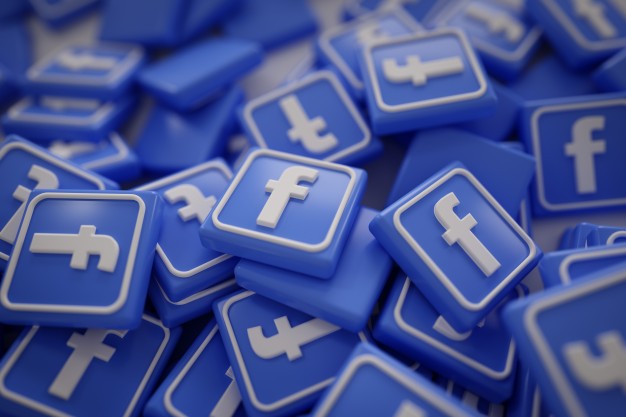Is Facebook Still a “Thing”?
 With the rapid pace of technological change and the changing tastes of new generations, it is easy to assume that whatever was popular last year is in the Recycle Bin for this year. Facebook certainly has had a long run. Is that run coming to an end? It would seem not. An articleabout Facebook’s change of emphasis for news feed content to ‘people and relationships’ warned marketers that Facebook doesn’t have to be the focus and other marketing channels should be pursued. So, Facebook was a marketing channel when free marketing content was easy to come by. What a surprise!
With the rapid pace of technological change and the changing tastes of new generations, it is easy to assume that whatever was popular last year is in the Recycle Bin for this year. Facebook certainly has had a long run. Is that run coming to an end? It would seem not. An articleabout Facebook’s change of emphasis for news feed content to ‘people and relationships’ warned marketers that Facebook doesn’t have to be the focus and other marketing channels should be pursued. So, Facebook was a marketing channel when free marketing content was easy to come by. What a surprise!
Another article about Facebook said:
Most websites you visit on the Internet are also linked to Facebook; in fact, over 2.5 million websites have created their own Facebook pages. Web design companies and SEO firms are helping businesses with Facebook marketing. With more than 600 million active users, it’s almost impossible to go an entire day without seeing some reference to Facebook.
Regarding why it is still popular: For some, it’s a quick and easy way to stay in touch with their friends. Others think it is a great way to anonymously see what all their old classmates from high school are doing now. Many others feel that it is a wonderful way to stay in touch with family who are spread around the country, or even the world.
So it looks like Facebook is still around and doing well. If you have a business, chances are good you may have a Facebook page. If you hire people, you may at least have a Facebook account so you can vet prospective employees. (If you don’t, you really should. You can learn a lot about a possible employee on their page.)
This leads to the issue of Facebook security. While they have the goal of keeping your accounts safe, there are still regular attempts made to compromise or hijack accounts daily. One estimate puts the number at 600,000 attacks daily. What do you have that attackers want?
Well, let’s think about what FB is. It is a mechanism to share with others. Usually the sharing is done with a circle of friends or relatives who, hopefully, have our best interests at heart. We let them know the newsy things going on; new children, trips, remodeling the house, parties, etc. We include things like pictures of pets and their names, children and their names. And then many of us will include those very things in the passwords we use online. (You don’t do that do you?). So the bad guys are after information that can be used to your detriment and their benefit.
Keep in mind there are privacy settings that can help you limit who can see what on your page, but you don’t control the privacy settings on other people’s accounts. They may not be as careful as you are. Facebook is no exception the general caution for the Internet: Don’t post anything you don’t want everyone to know, no matter how private you think the posting is.
Posting a picture on FB with the caption “Celebrated my 40th birthday today” just gave everyone who can see it your date of birth; a key piece of information for identity theft.
Don’t accept every friend request. I use a video from Cisco in my training sessions that shows the social engineer getting information by pretending to be an alumnus of the college attended by the wife of the CEO of the company she is attacking. If you aren’t positive of the identity of the requestor, don’t accept that request.
Be suspicious of emails from ‘Facebook’. If you get an email supposedly from FB that asks for account details, it is a scam. If they need something from you there will be a notification on the account settings page.
Your wall is not your own. Just because a link shows up on your wall doesn’t mean it is safe. Hackers can post things that are tantalizing but malicious in nature. If it is too good to be true, it probably is.
Have a strong password. The conventional wisdom used to recommend changing passwords on a regular basis. Studies have shown that this just encourages people to choose poor passwords. It is much better to choose a long, strong, unique password. Change it only if you are notified that the account has been compromised. This should be your practice for all online accounts. Use a password for only one account. This really means you need a password manager to keep track of all your passwords. I know I do. This is especially true since a good password these days is 12 or more characters with a mix of character types or a pass phrase. If you want to see how good your password is head over to https://www.grc.com/haystack.htm and test out your idea of a good password. You may be surprised at how quickly an 8 or 10 character password can be cracked these days.
Facebook appears to have some staying power but it will eventually be replaced by something else. The security concerns however will remain the same.


